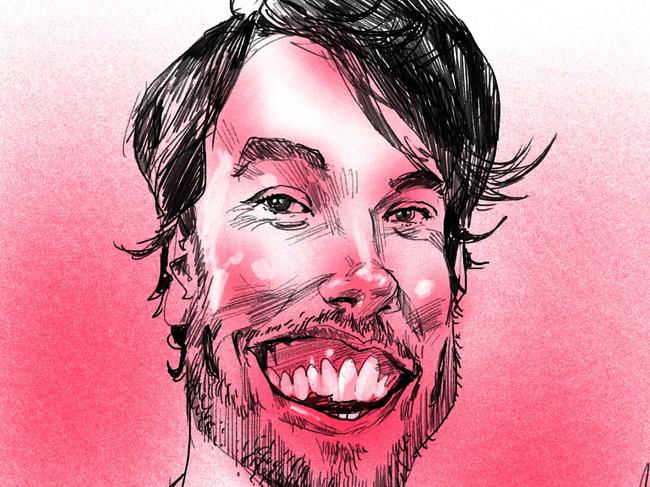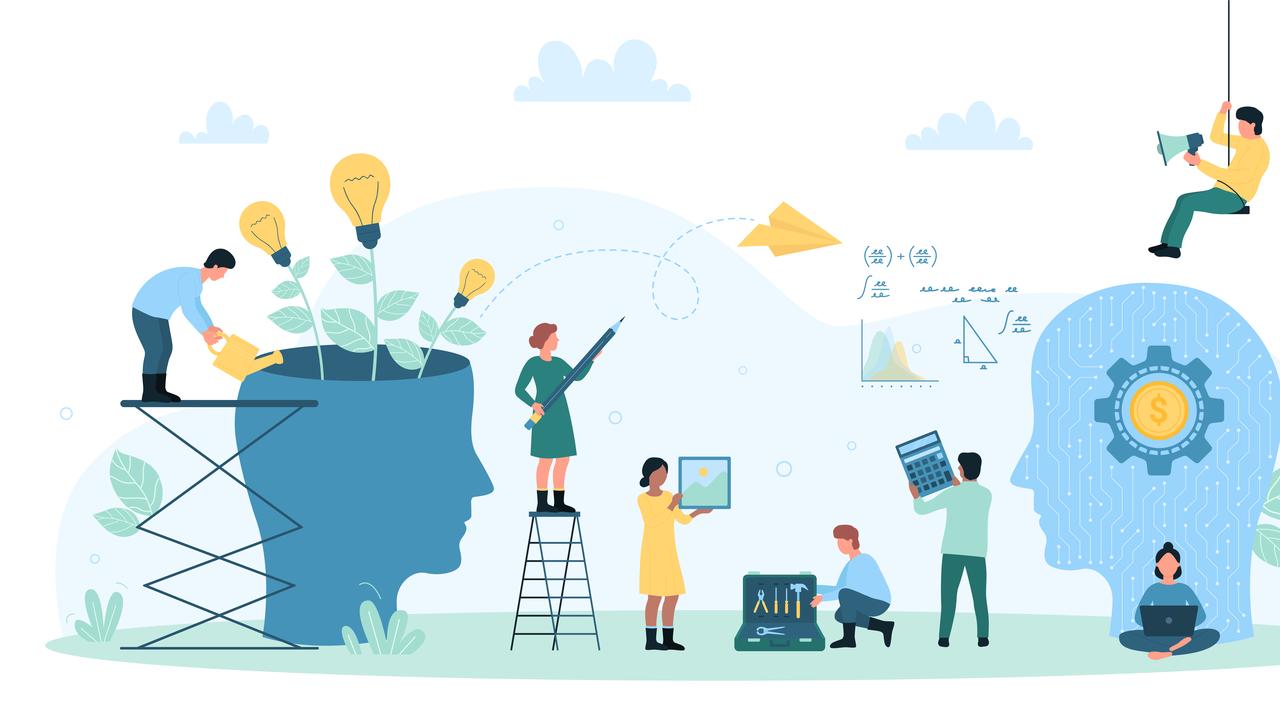The art of the deal: Nick Crocker, investor, Blackbird Ventures
The first question Nick Crocker asks of any potential deal is ‘Could I see myself having a 10-year relationship with this person?/

Deal-making is in Nick Crocker’s DNA, in his roots as a start-up founder and now as an investor with one of Australia’s most successful venture capital firms, Blackbird Ventures.
Blackbird’s strategy is centred on making bets on companies that have the potential to transform the world. In each instance, however, that could take 10 years – or even longer.
Crocker, who works on some of Blackbird’s biggest deals as well as its Startmate accelerator program, tells The Deal that the first question he asks of any potential deal is “Could I see myself having a 10-year relationship with this person?”
“The way the relationship often develops, you will get calls at all times during the night, on the weekend, or texts while you’re in Europe,” he says. “And if you don’t feel energised when that text or call comes through, then you won’t be a good partner for the entrepreneur. You need to build a relationship to withstand decades worth of trials and tribulations.”
For Crocker and his cohort, their investment in entrepreneurs goes beyond money, extending to mentoring and emotional support, and often a seat on the board. “The best thing for venture capital deal-making is a long-term focus,” he says. “There’s a lot of scepticism out there about venture capital, but certainly my experience with Blackbird, both as a founder who received investment from Blackbird and now as an investor myself, has been incredibly relationship focused.”
He says the company has a metric for looking at founder relationship health, tracking Blackbird’s own view of the quality of the relationship, and things such as how many emails have been sent over a period of time – ideally showing that each of Blackbird’s partners are relatively equally invested in the success of a founder they’ve invested in. Despite the fact the journey will ideally be a 10-year one, Crocker says Blackbird spends between two and five hours with a founder doing due diligence, but has developed strong instincts.
“There are certain questions you just need to ask,” he says. “Would you work for this person? Do you still want to be working with this person 10 years from now? And then you ask your networks of people who would know them. Just because you’re an entrepreneur doesn’t mean you’ll be agreeable in every circumstance.
“You need to look for red flags, making sure that someone’s not lacking in integrity. Someone might say ‘I wouldn’t work with them again’, because they treated someone in a certain way. Another thing we do is just sit in their office and work for a day, to try to get a really accurate picture.”
‘While an investor might not know the exact path forward, they at least need to know the question that will help them get there. Crocker calls it a very subtle art.’
It’s been years since Crocker was a founder himself – his start-up Sessions was acquired by MyFitnessPal five years ago – and he says that one difficulty in being an investor has been coming to terms with his operational skills quickly decaying.
“Just because you ran an excellent growth or product team in 2014 doesn’t mean you still have those skills in 2018,” he says. “Or that those skills are applicable to whatever team you’re working with now. I’ve got better at knowing my limits, realising sometimes that what you’re doing is more damaging than helpful. It’s a real skill to still have an influence as a board member or investor while acknowledging your own limits.”
The biggest skill, Crocker says, is the ability to ask questions. While an investor might not know the exact path forward, they at least need to know the question that will help them get there. Crocker calls it a very subtle art. “The more experience you have on different boards and with different organisations, you get better instincts when something seems not quite right,” he says.
He adds that being a founder has given him a shortcut to founder empathy – something he says is critical for an investor who is required to be intimately involved with every step of a start-up’s journey. It can be very easy to forget that founders are often mortgaging their house to do what they do.
“The whole thing is immense stress and strain,” he says. “There has to be some understanding from the investor side that there will be ups and downs, good days and bad days. And when you’ve been a founder who has made those mistakes, it’s very easy to understand how founders can sometimes mess it up.”
The past few years have brought a venture capital wave for Australian start-ups, which are awash with funding after years of relative drought in the early 2000s. Crocker says everyone’s waiting to see where the wave adds up, but that meaningful support from superannuation funds such as Hostplus and the Future Fund have been important. He’s also feeling good about the futures of Canva, Culture Amp and Safety Culture, which are among Blackbird’s marquee investments.
“I feel incredibly optimistic,” he says. “There are a handful of really wonderful companies that started around 2012 and 2013, and we’re starting to see those results taking shape. It’s hard; we know that every investment we make is more likely to fail than it is to succeed. We have 20 to 25 companies in a fund, and the majority will not succeed. The company I started got bought, but it doesn’t exist anymore. As long as we have a couple that succeed stratospherically ... we’re doing okay.”
As for what’s next, Crocker says he’s busy building Blackbird’s Melbourne office, and that the company is now investing in self-driving cars, rockets and a new wave of technologies. “My job is to make sure I meet them really early in the journey. I have a level of anxiety ... I’m always thinking ‘shit, did I just miss the next Canva?’”


